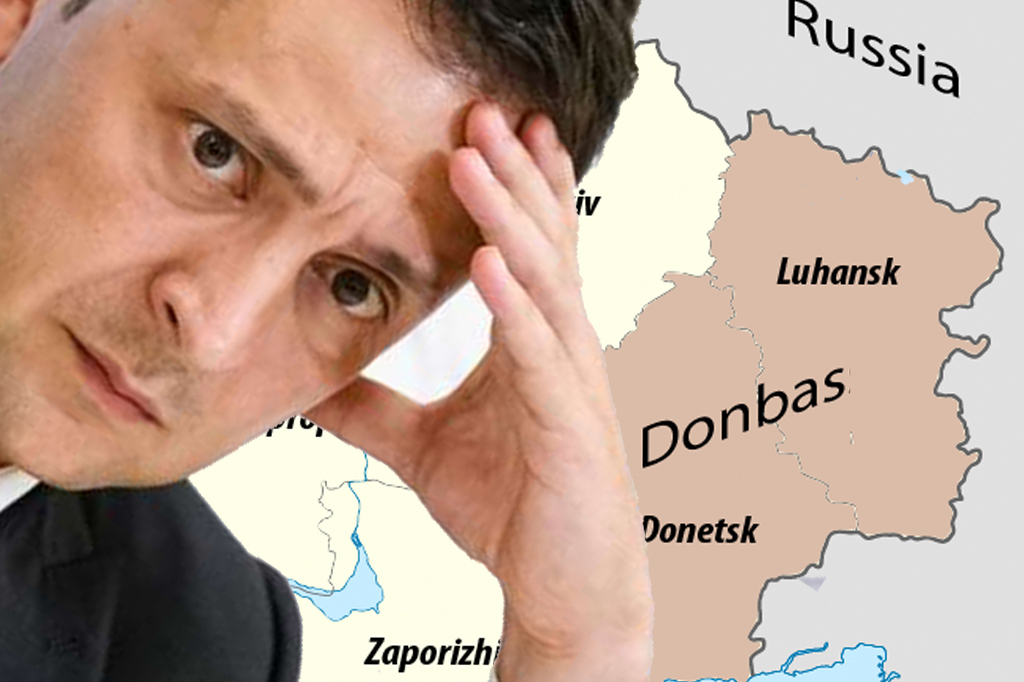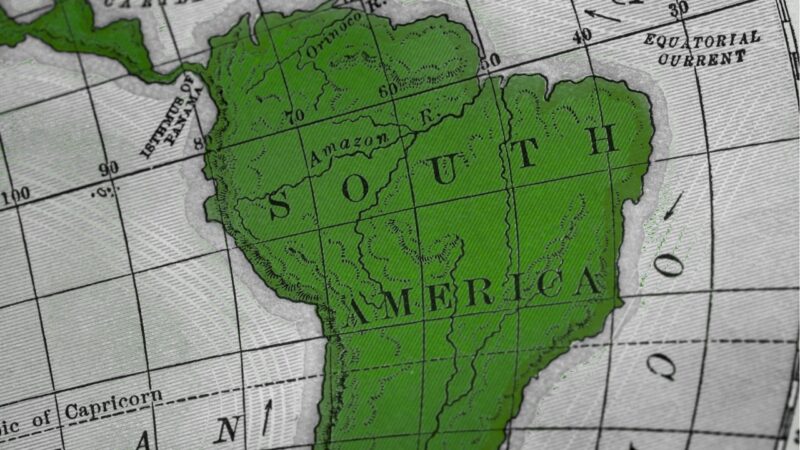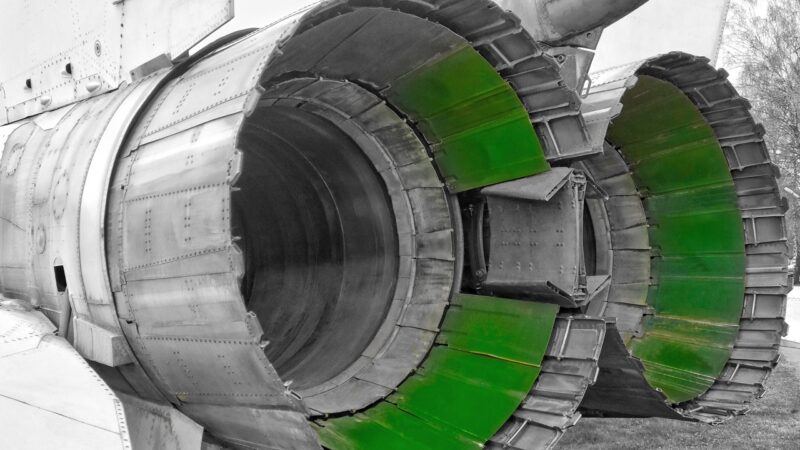Resolution of the Donbas war: Is it time for Zelenskyi to announce “Plan B”?

A year ago, after successful presidential and parliamentary elections the new team led by the newly elected president of Ukraine, Volodymyr Zelenskyi, announced a “new policy” toward the resolution of the Russian–Ukrainian war in the Donbas. One of the promises made by Zelenskyi during his election campaign was peace in the Donbas. He did not explain how it could be achieved, but many of his supporters believed that his election as president of Ukraine would create a new basis for negotiating with Russia and that the Kremlin could take some constructive steps toward peacebuilding in the Donbas.
During the past year, the Ukrainian side has made significant efforts to relaunch some component of the Minsk Process (primarily humanitarian aspects), but as we can see, substantial results have not been reached. Even ceasefire violations continue to occur frequently, and in a recent case on 13 July 2020, Russian-led military forces violently murdered a Ukrainian military medic—in violation of agreements that had been reached and security guarantees that had been provided.[1]
Despite some of the achievements in this regard (mainly in the humanitarian aspect), a solution is still far off. There are no changes in Russia’s attitude toward Ukraine or toward conflict resolution, and its main goal during the past year was to push the Ukrainian government into direct negotiations with representatives of the occupation administrations. Moscow wants became just a “mediator” but not part of the conflict. Meanwhile, the Ukrainian government has still not presented a realistic vision for resolving the conflict or a reintegration strategy for the occupied parts of Eastern Ukraine.
During the past year, Zelenskyi was heavily criticized domestically for “giving up” in the conflict with Russia. At the same time, Zelenskyi’s team are demonstrating increasingly less optimism that the promised “quick end to the war” is achievable in nearest future. Nowadays, it seems that Kyiv is gradually losing hope for a “quick” solution. It also seems unrealistic that the implementation of the Minsk Protocol means finding a midpoint between the Russian and Ukrainian positions.
The main problem of the current state of affairs is not only different approaches toward the negotiations, but mainly because of the different aims of Russia and Ukraine. For Ukraine, the end of conflict means restoration of its sovereignty, for Russia – keeping Ukraine in its “sphere of privilege interests” and influence Ukrainian internal affairs. As British analyst Duncan Allan, summarize the dilemma of Minsk Agreements: “Ukraine views the Minsk Process as a chance to restore its sovereignty, whereas Russia sees it as an opportunity to curtail this sovereignty”[2].
It is already obvious that local elections in Ukraine in October 2020 will not include elections in the occupied parts of Donetsk and Luhansk oblasts, so there is no chance that this year will be year of “reintegration” of Donbas into Ukraine. Ukrainian position remains clear – elections in the occupied part of Donbas should only go ahead in a secure environment, it means requiring the prior withdrawal of Russian forces and the return of the eastern border to Ukraine’s control.
At the same time, Russia is clearly indicate that it is not interested to absorb those regions into Russian Federation. Most probably, this type of endless negotiation and frozen conflict situation will be only realistic scenario for nearest future.
Is it time to look for a new format of negotiations?
It passed six years since the June 6, 2014 creation of the Normandy Format, but the prospects of conflict resolution and de-occupying the eastern regions of Ukraine that were seized by Russia remain as distant as ever.
The previous meeting in the Normandy format took place on 9 December 2019 in Paris. Then, the leaders of Ukraine, Germany, France, and Russia agreed on a number of measures for a peace-building process in the Donbas, including a complete ceasefire and the exchange of prisoners on an “all-for-all” basis. Zelenskyi announced that this meeting is a really significant step forward, despite the general recognition of potential problems in further negotiations with Moscow.
The last Normandy meeting was held (without heads of states) on 3–4 July 2020 in Berlin. After this meeting, the Russian representative Dmitrii Kozak announced a pause in the Normandy negotiation process, pending “clarifications” of Ukraine’s positions.
After that meeting Oleksii Reznikov, Deputy Prime Minister of Ukraine for Reintegration of the Temporarily Occupied Territories, wrote: “The most pragmatic approach to this challenge lies in greater support for Ukrainian sovereignty and territorial integrity via modification of the failing Minsk Process.”[3] So to date, the main accomplishment was on 21 July 2020 when the TCG met representatives of the OSCE, Ukraine, and Russia (with the Russian delegation unofficially including representatives of the so-called Donetsk and Luhansk “people’s republics”) and agreed to a “full ceasefire” that came into force on 27 July. It was not fulfilled in reality, but all sides have still kept to the formal acceptance of the “ceasefire.”
On 11 March 2020 a decision was signed in Minsk, among others, to establish a new Advisory Board within the Minsk Trilateral Contact Group (TCG).[4] The Head of the Office of the President of Ukraine, Andriy Yermak, confirmed by his signature an indirect recognition of the representatives of the occupation administrations as “official representatives of ORDLO.” As many in Ukraine have claimed,[5] it was the biggest mistake of official Kyiv. This decision evoked hard discussions in Ukrainian society.[6] Many experts in Ukraine have criticized the establishment of this Advisory Board—an additional consulting body—because it affirms the subjectivity of representatives of the ORDLO (occupied separate districts of Donetsk and Luhansk oblasts), while Russia has the status of a guarantor-observer, similar to Germany, France, and the OSCE.
If we look at the latest public opinion survey among residents of the Ukrainian government-controlled areas of Donetsk (Donetsk GCA) and Luhansk (Luhansk GCA),[7] we can see the following picture. The majority of respondents from the Luhansk GCA (58%) were of the opinion that there were no changes since the presidential and parliamentary elections in 2019, while 29% said the situation became even worse. Also, a relative majority of respondents from the Donetsk GCA admitted that they did not notice any changes for the better (41%) or said that the situation became worse (19%). At the same time, 37% of Donetsk respondents said that they saw some improvement.
Opinion polls in the Donbas have revealed dramatic changes in attitudes toward Russia and the war. Today, 76% of Donetsk respondents recognize the Russian Federation as a participant in the conflict, while in 2018 this opinion was held by 57%. And when asked whether Ukraine and Russia were at war, 64% of the Donetsk respondents agreed while only 20% disagreed.
Meanwhile, public opinion in the Luhansk region became more polarized. In 2018, only 41% said Russia was involved in the war and 31% disagreed; in 2020, 47% of the Luhansk GCA respondents agreed that the Russian Federation is a participant but fully 39% denied any Russian involvement. We have the same response concerning recognition of the war between Ukraine and Russia: while 38% respondents believe that Ukraine and Russia are at war, 43% do not.
The same survey (in the government-controlled areas of Donetsk and Luhansk oblasts) revealed significant changes in attitudes toward possible compromises for the sake of peace. In 2018, 45% of respondents in Donetsk and 47% those in Luhansk regions declared that compromises should be made at any price, while in 2020 these figures decreased to 14% and 34%, respectively. Today, 50% in Donetsk and 49% in Luhansk regions believe that compromises are necessary but not at all costs.
Local elections proposed to be held on the terms of the DNR/LNR leadership are unacceptable for 68% of Donetsk and 35% of Luhansk respondents. It should also be mentioned that while 36% of Luhansk respondents are ready to accept such elections, only 16% of Donetsk residents agree with this concession.
Total amnesty for combatants of the DNR/LNR is unacceptable for 55% of Donetsk and 50% of Luhansk respondents. Enrollment of DNR/LNR combatants in local police forces, courts, and prosecutor (attorney-general) offices is unacceptable for 60% of the Donetsk and 30% of the Luhansk respondents; it is noteworthy, however, that 34% of the Luhansk respondents would accept it and 36% remain undecided. Special economic and political relations between DNR/LNR and Russia are unacceptable for 55% of Donetsk respondents, while acceptable for 49% of Luhansk respondents.
At the same time, granting and including special status to certain districts of Donetsk and Luhansk oblasts, regions is acceptable for 48% of Donetsk and 52% of Luhansk respondents. Granting Russian language constitutional status of a second state language is acceptable for 60% of Donetsk and Luhansk respondents.
A hypothetical question about deployment of UN peacekeeping forces in the uncontrolled territories of the Donbas showed polarization and differences between Donetsk and Luhansk residents. In the Donetsk region, 53% of respondents supported the idea while 31% rejected it and 16% were undecided. In Luhansk GCA, public attitudes are very different: 51% rejected this idea and only 30% supported it with 19% of undecided.
Endless negotiations and frozen conflict as a de facto scenario?
The main problem is that no one side can propose a plan that would be acceptable for other side. Ukraine in this situation seems to be the most vulnerable, because it bears most of the negative consequences of the conflict. Ukraine cannot accept the Russian proposal (which in fact would means to accept limitation of its sovereignty) and at the same time it has no power or ability to solve conflict because for the Kremlin it will be “losing game.” Russia has reached some kind of a limit in the possibilities to “pressure” Ukraine but cannot accept real peace in the Donbas under Ukrainian control, as it will be perceived as a weakness of the Kremlin and personally of Vladimir Putin.
Domestic policy obviously plays an important role in both cases. Even if he could accept Moscow’s deal, Zelenskyi is limited because Ukrainian society would not accept “peace at any cost.”
Even worse for Putin is the international trial concerning Russia’s involvement in the 2014 shooting down of flight MH17 over Eastern Ukraine. Most probably Putin will try to keep all the options in Ukraine open and use the conflict as a “space for negotiation” with the West. This is why in the near future he is likely to suppress any attempts to achieve significant progress in ending the war in the Donbas.
We see no indication that the goals of the Russian leadership with regard to Ukraine have changed. Thus, we can expect a continuation of their current policy, but the means could change. In particular, Moscow will probably try to interfere more actively in the internal political battles in Ukraine and exploit the weaknesses of its current political elites.
Openly pro-Russian politicians in Ukraine (such as Victor Medvedchuk, for example) are not really able to win any significant support from the Ukrainian population, but the concentration of major Ukrainian media—most importantly, many TV channels—under their control allows them to influence public opinion and introduce Russia’s agenda and narratives.
From Ukraine’s point of view, implementation of the political conditions of the Minsk Protocol seems the most problematic, as the Russian vision (described in the Memorandum) would seriously limit Ukrainian sovereignty and would not be accepted by the patriotic part of Ukrainian society. An additional caution for Ukrainian negotiators would be not to divide the Russian-Ukrainian war into the Russian aggression in the east of Ukraine and the annexation of Crimea.
Similarly, the readiness of Moscow to come to any kind of agreement with Ukraine is very questionable—other than capitulating to all demands of the Kremlin). The idea of introducing a UN peacekeeping mission has been discussed for several years. Ukraine might be interested in UN missions that could ensure and support the process of restoring peace in Luhansk and Donetsk oblasts, but it can be possible only if Russia is really ready for peace in the Donbas. However, Russia’s interest in a UN (or even OSCE) mission in the Donbas is unfortunately rather small, given that implementation of such a mission would significantly limit the possibility of the Kremlin to influence Kyiv. This means that Russia would prefer a mandate that is limited to ensuring OSCE observers’ security along the contact line, which cannot significantly change situation or limit Moscow’s activity in the region.
In sum, due to Ukrainian President Zelenskyi’s failure to implement his optimistic promises “to end the war” quickly and growing dissatisfaction with his policies, it is difficult to expect a resolution of the conflict in the Donbas in the nearest future. Maintaining the status quo may appear to be the least risky short-term option for Zelenskyi, but it will erode his political support, tarnish his legacy, and further harden the divide between the Russian-controlled areas of the Donbas and the rest of Ukraine. In any case, Zelenskyi’s team has fallen back on the principle of “security first.”
After his election over a year ago, President Zelenskyi declared that the period of negotiation and compromise would last until the end of 2020—which should be a year of “reintegration”—otherwise it would be time for a “plan B.” But nobody knows what “plan B” is. Unfortunately, it seems that this is also big question for Volodymyr Zelenskyi himself.
[1] “Ukraine informs the OSCE on Russia’s hybrid warfare methods, recent killing of Ukrainian medic in the Donbas,” Ministry of Foreign Affairs of Ukraine, 15 July 2020; https://mfa.gov.ua/en/news/ukraine-informs-osce-russias-hybrid-warfare-methods-recent-killing-ukranian-medic-donbas
[2] Allan, Duncan. “The Minsk Conundrum: Western Policy and Russia’s War in Eastern Ukraine,” Chatham House, 22 May 2020; https://www.chathamhouse.org/publication/minsk-conundrum-allan
[3] Reznikov, Oleksii. “Containing the Kremlin: Why the West must rethink policy towards a revisionist Russia,” Atlantic Council, 8 July 2020; https://www.atlanticcouncil.org/blogs/ukrainealert/containing-the-kremlin-why-the-west-must-rethink-policy-towards-a-revisionist-russia/
[4] “TCG meeting was held in Minsk with participation of Head of the President’s Office Andriy Yermak,” Presidential Office; [22.06.2020] https://www.president.gov.ua/en/news/u-minsku-vidbulosya-zasidannya-tkg-za-uchastyu-kerivnika-ofi-60125
[5] Yasko, Elizaveta. Four threats of “new Minsk”: why in “Servant of the people” there is an opposition to agreements about ORDLO [Chotyry zahrozy “novoho Minsʹka”: chomu v “Sluzi narodu” ye sprotyv domovlenostyam pro ORDLO], 23 March 2020; https://www.eurointegration.com.ua/articles/2020/03/23/7107795/;
[6]Reshchuk, Kateryna. Interview with Roman Bezsmertnyi. Ukrainska Pravda, 13 March 2020; https://www.pravda.com.ua/articles/2020/03/13/7243533/
[7] “Results of regional public opinion poll in Donetsk and Luhansk regions,” Ilko Kucheriv Democratic Initiatives Foundation. 13 May 2020; https://dif.org.ua/article/results-of-regional-public-opinion-poll-in-donetsk-and-luhansk-regions


Before to write a “smart” article, please take the time to read the “Minsk Agreement” In this agreement are no words like “Moscow MUST to do anything” in the military conflict in Ukraine